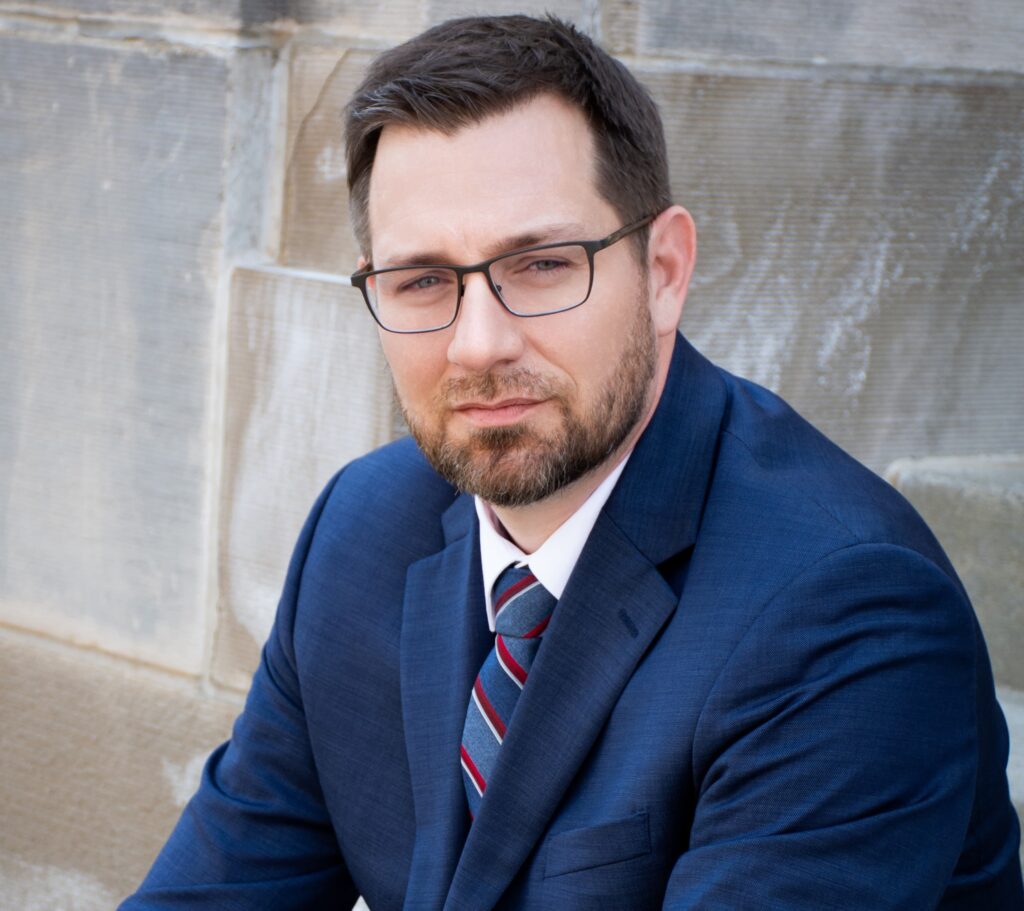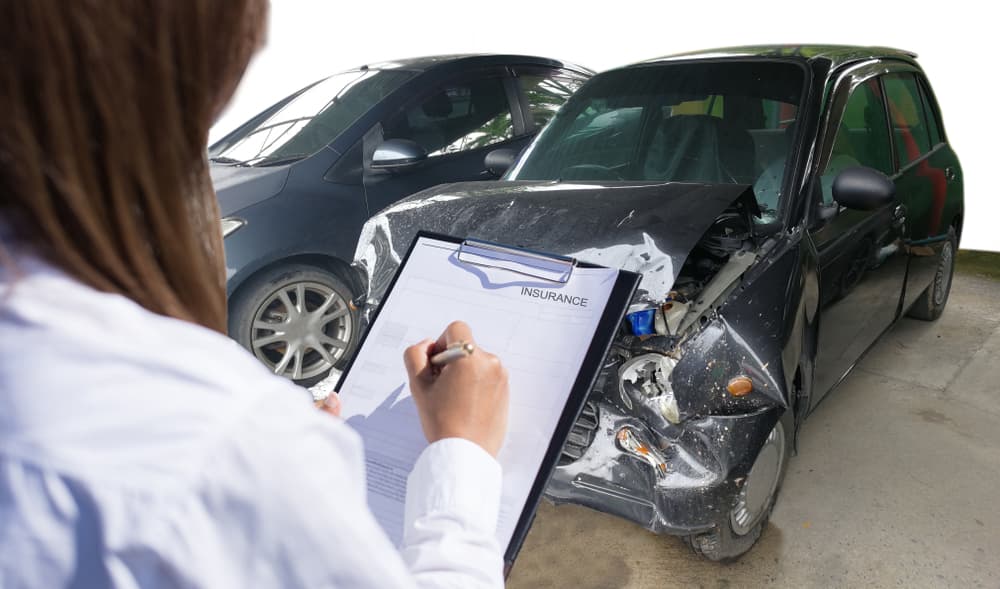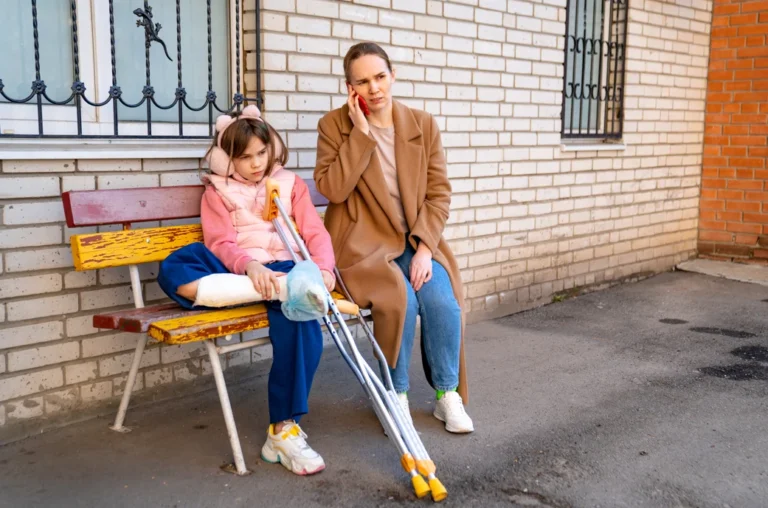Key Takeaways:
- Multiple parties may be responsible for medical bills, including your insurance (PIP, MedPay), the at-fault driver’s insurance, or health insurance.
- Workers’ compensation may apply if the crash occurred while performing job duties.
- Uninsured/underinsured motorist coverage can help if the at-fault driver lacks adequate insurance.
- Insurance companies often minimize payouts, making negotiations complex and stressful.
- A car accident lawyer can identify all coverage options, handle insurers, and fight for fair compensation so you can focus on recovery.
After a car accident, dealing with injuries can be overwhelming. You must determine who will pay your medical bills as you recover. Luckily, you don’t have to handle this alone. An experienced car accident attorney can assist you in navigating this process and advocating for your rights. Parties potentially responsible for your medical bills include:
Your Own Insurance
Depending on your state and policy, your car insurance might be the first to help. Some states have “no-fault” insurance, covering medical costs no matter who caused the accident. PIP coverage can include medical bills, lost earnings, and other out-of-pocket expenses.
The At-Fault Driver’s Insurance
If there’s an accident in a fault-based state or a no-fault state where your injuries go beyond the PIP coverage limits, the at-fault driver’s insurance may help pay for your medical bills.
The first step in this process involves determining who was at fault for the accident. In traditional third-party insurance claims, the party at fault must pay for the damages.
Determining fault often requires an investigation. This can include looking at police reports, witness statements, and other evidence. Sometimes, it’s clear who is at fault, but other times, it’s unclear and needs more discussion or legal assistance.
After the fault is determined, contact the at-fault driver’s insurance with the help of your attorney. Start by filing a personal injujry claim and submitting injury and expense documents. Be detailed and accurate for insurance review.
Dealing with another party’s insurance company can be challenging. Insurance companies are businesses, and their primary goal is to minimize payouts. They might use strategies to lower the payment, like questioning your injuries or treatment.
Negotiations and Legal Action
Negotiating with an insurance company can be a complex and drawn-out process. During discussions, you’ll present your case, justify expenses, and negotiate with the other party.
Hiring a car accident lawyer can be very helpful in this process. A lawyer can handle negotiations and fight for your interests. If talks fail, you might need to sue. This can pressure the other party to settle fairly.
Health Insurance
Your health insurance is also a potential source for covering medical expenses. If you have health insurance, it may pay for your treatment. However, your insurer might ask for repayment from any money you get from a settlement or judgment later.
MedPay Coverage
MedPay Coverage, or Medical Payments coverage, helps pay medical expenses after a car accident. It’s optional in many states, letting policyholders decide if they want it. MedPay is useful because it pays for medical bills no matter who caused the accident. This makes it faster to get bills paid, avoiding delays from fault decisions.
MedPay covers various medical costs like ambulance fees, surgeries, and nursing services. It also protects passengers in the car during the accident. This feature is helpful for passengers without enough health insurance coverage.
MedPay usually has limits on how much it pays per accident. The limit can be as low as $1,000 or as high as $25,000. It’s a good financial backup, though it may not cover all costs, especially in severe cases. Deciding on MedPay depends on your health insurance and finances.
If you have high deductibles or limited health insurance, MedPay can be a safety net. It helps get medical care immediately without worrying about upfront costs.
Workers’ Compensation
Workers’ compensation is insurance that helps employees who get hurt or sick at work. Employees get money without proving their employer caused the injury. In return, they usually can’t sue their employer for the injury. This system is important for people hurt in car accidents while working.
Eligibility for Workers’ Compensation
The accident must happen during work duties to get workers’ comp for a car crash. This covers work trips and errands, not regular commutes.
Benefits Covered
Workers’ compensation can cover a wide range of benefits, including medical expenses. All reasonable and necessary medical treatment related to the work injury will be covered. This encompasses hospital stays, medical treatments, surgeries, medications, and sometimes, rehabilitation services.
Uninsured and Underinsured Motorist Coverage

If the at-fault driver lacks insurance, UM and UIM coverage on your policy can help. It pays for your expenses if the driver can’t cover your damages. UM/UIM policies should cover your medical bills in the same way a third-party insurance claim will, expect the benefits come from your own coverage.
How a Car Accident Lawyer Can Help
Dealing with a car accident can be tricky, especially with many insurance and legal issues at play.
Here’s how a lawyer can help:
- Evaluating Your Case: A lawyer can review your personal injury case, including your injuries and the accident details, to decide what to do next.
- Dealing with Insurance Companies: Lawyers are skilled at negotiating with insurance companies. A lawyer can handle the back-and-forth with the insurers. A lawyer can ensure your rights are protected. You don’t have to settle for less than you deserve.
- Exploring All Avenues for Compensation: A lawyer will explore all potential sources of compensation to ensure that your medical bills are covered. This includes identifying all liable parties and insurance coverages.
- Legal Representation: If necessary, a lawyer can represent you in court to fight for your rights and ensure you receive the compensation you need to cover your medical expenses and other losses.
- Guidance and Support: Having a lawyer by your side can provide peace of mind during a stressful time. They can answer your questions, guide you through the legal process, and offer the support you need to focus on your recovery.
Contact a Car Accident Lawyer Today

If you suffered an injury in a car crash, it’s important to consider your options for paying medical bills and other costs. But you don’t have to do this alone. Talking to a personal injury lawyer can give you the support you need to deal with the accident’s aftermath.
Acting now is the best way to get the compensation you deserve. If you’re unsure what to do next, asking for legal advice is a good step toward recovering financially and focusing on your health. Many lawyers offer a free consultation, so you can talk about your case without paying.
 Calls Answered 24/7
Calls Answered 24/7









